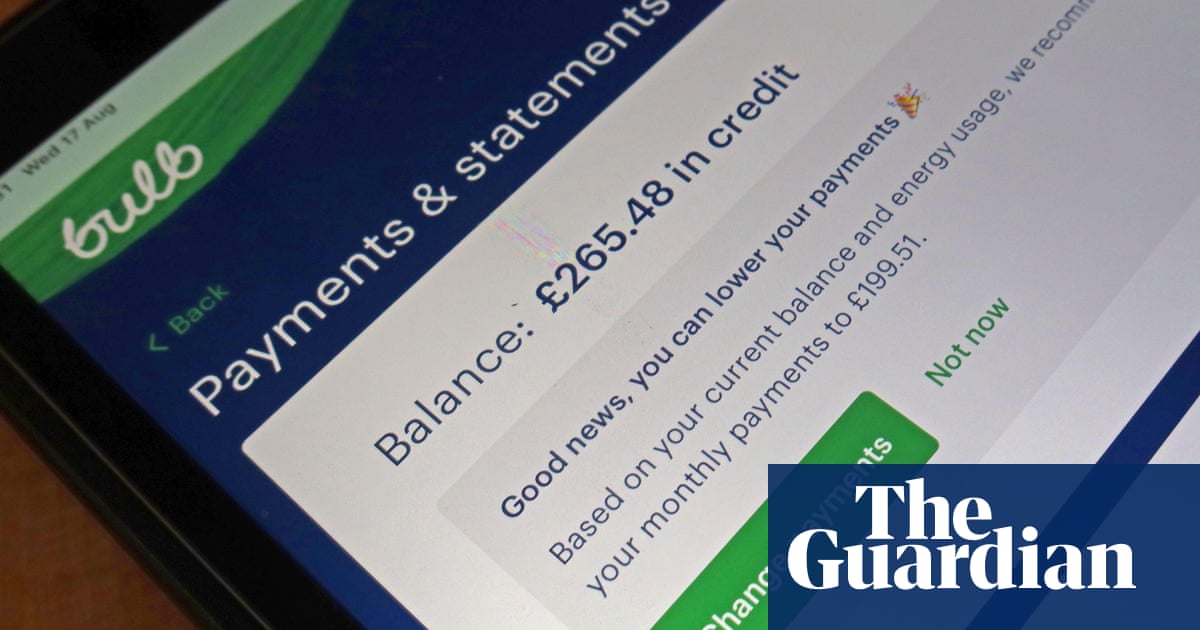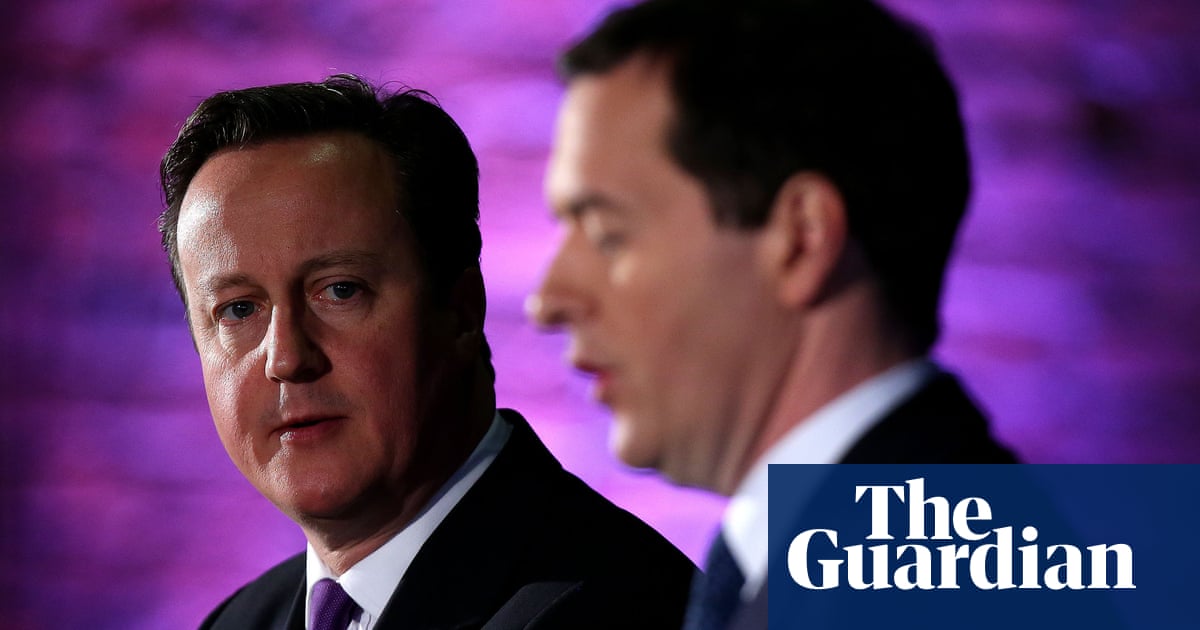
The government response to the coronavirus pandemic is on track to cost the public purse £210bn for the first six months of the crisis, Whitehall’s spending watchdog has said.
Reflecting the scale of the emergency since March, the National Audit Office (NAO) said ministers had instigated more than 190 measures in response to the crisis so far, including emergency job support, additional NHS funding, and business grants.
Equivalent to almost a quarter of the government’s annual budget for running the public sector, making welfare payments and investing in infrastructure, the £210bn sum, the NAO said, was the office’s latest cost-estimate of the government response.
The analysis covers spending promises made by ministers up to 7 August, indicating that the final costs of the Covid-19 crisis for the public purse could be much higher. The NAO had previously estimated a price tag of more than £120bn for the period up to 4 May.
Releasing details of the projects in a new “Covid cost tracker” keeping tabs on government spending announcements, the NAO said £70bn of the promised funds had been spent, and there were a number of measures still to be fully implemented.
The analysis comes as pressure mounts on ministers to reveal the details of contracts awarded to private firms worth billions of pounds, including for the purchase of personal protective equipment and for the government’s virus test and trace system.
According to the NAO, £1bn of the promised £10bn funding package for test and trace had been spent by the end of July. The government has awarded contracts for the scheme to private-sector firms, including Serco and Capita.
The organisation said about half of the £15bn earmarked for personal protective equipment (PPE) had been spent by the end of July.
The Treasury’s furlough scheme, with a price tag of £47bn, was the single most expensive intervention in the NAO tracker. With more than 9.6m jobs furloughed since March, at a cost of £35.4bn so far, the scheme has been widely credited with preventing mass unemployment during lockdown.
However, there are growing calls on the government to extend furlough beyond its end date in October to prevent a spike in redundancies this autumn.
The chancellor, Rishi Sunak, is weighing options for scaling back the government’s emergency pandemic response and raising taxes to combat a sharp increase in public borrowing.
Driven by the sharp increase in spending and weak tax revenues amid the decline in economic activity, public-sector net debt has increased by £227.6bn over the past year to more than £2tn for the first time. National debt is at 100.5% of GDP for the first time since March 1961.











